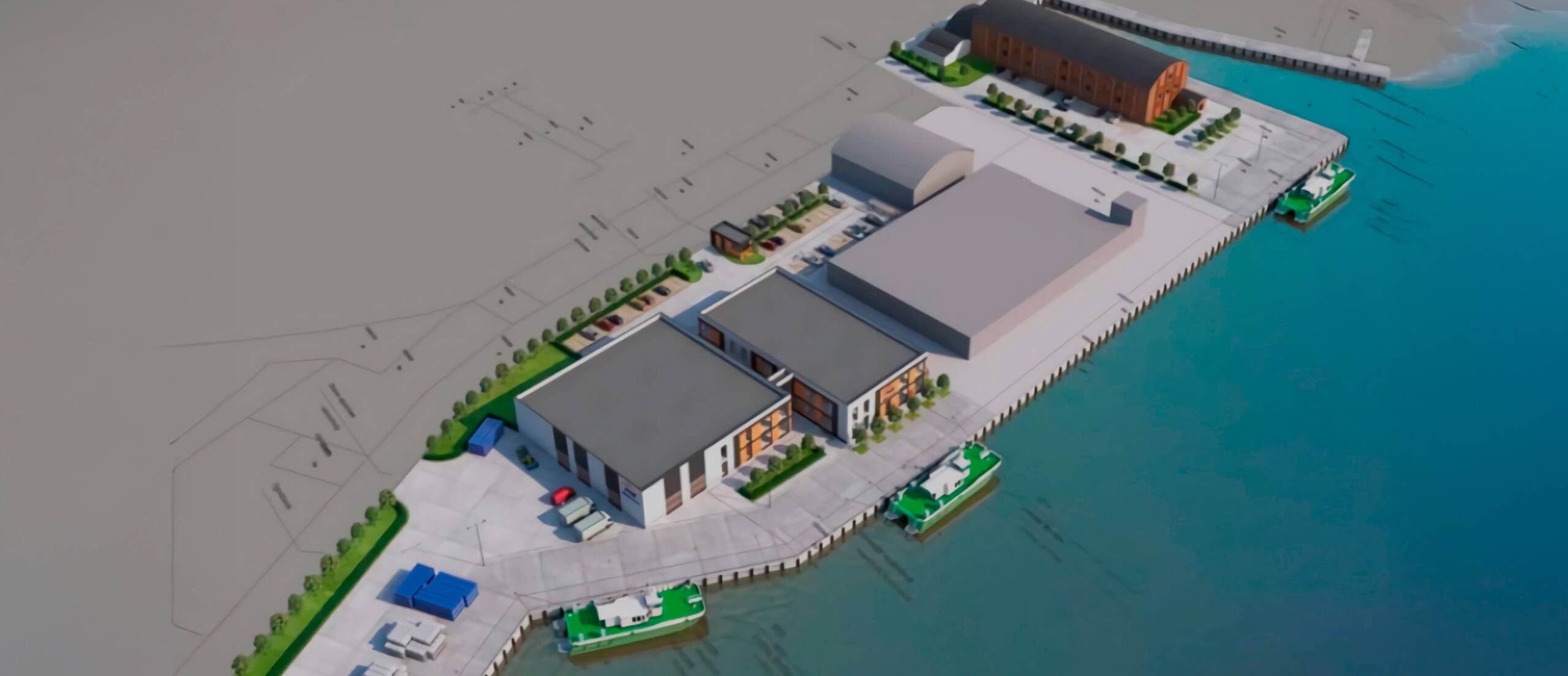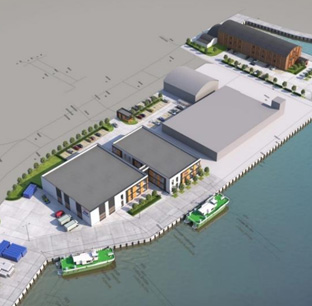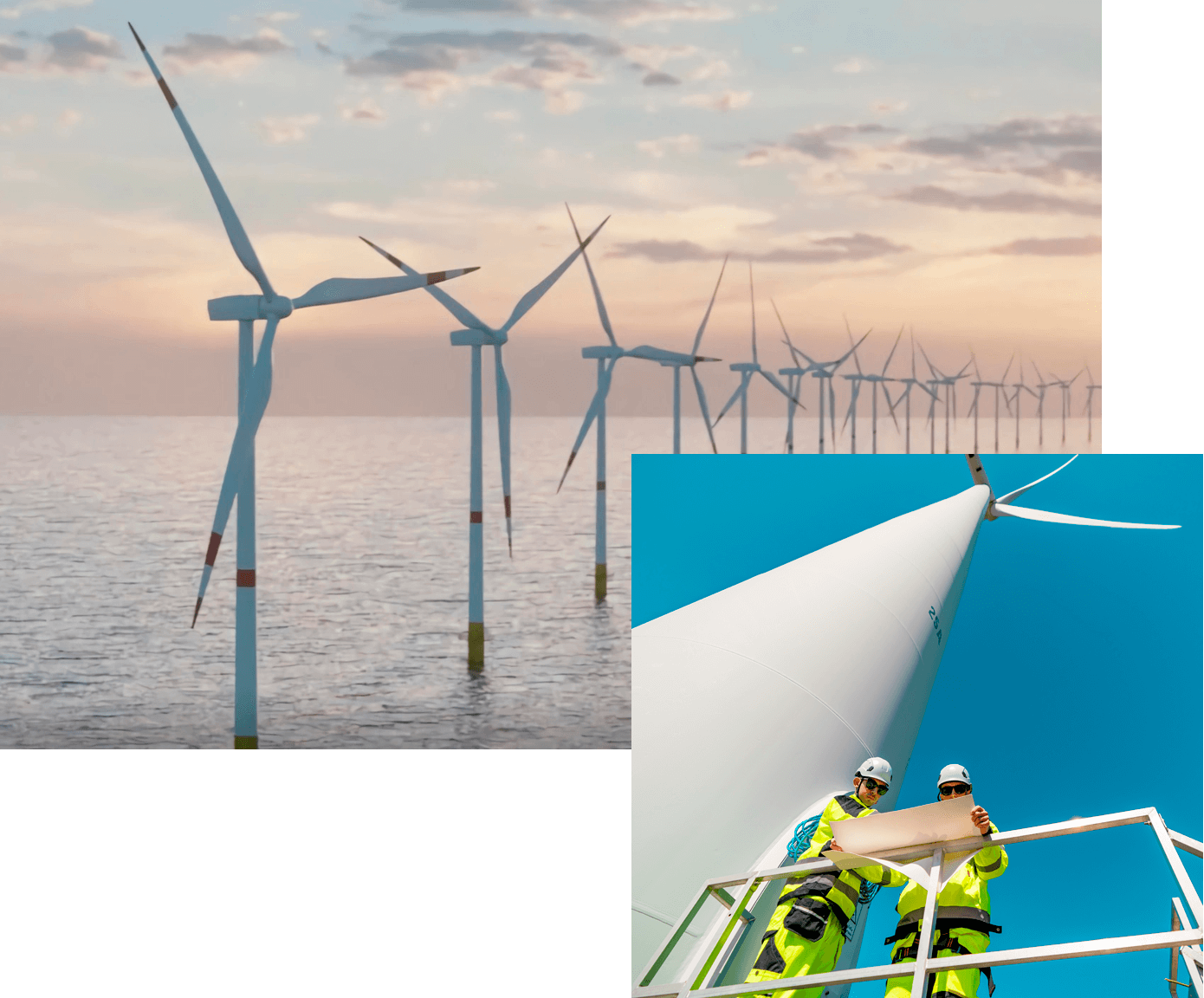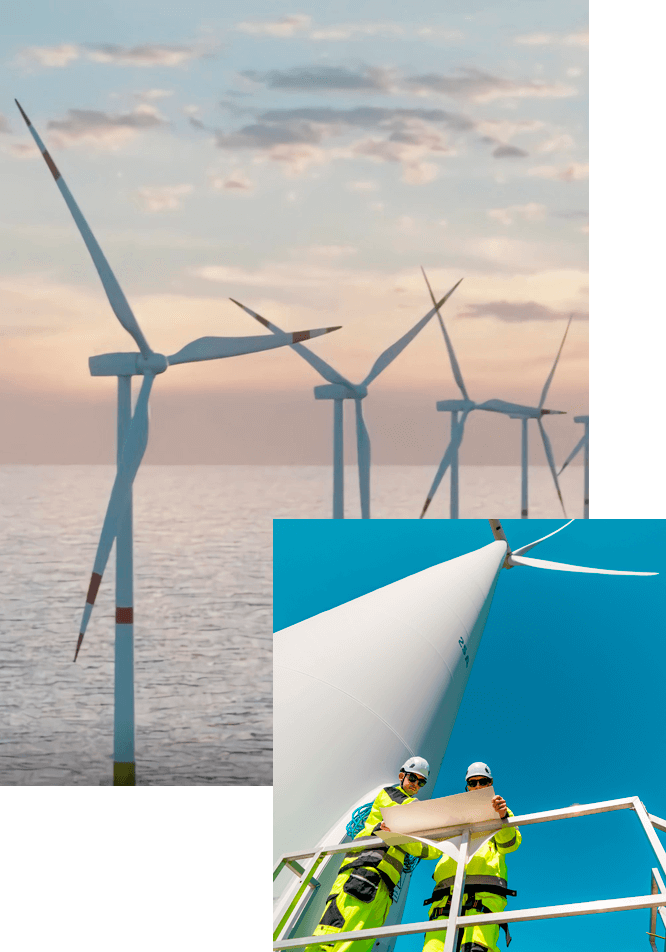Challenge
The Baltica 2 project is one of the largest offshore projects in Poland, encompassing 107 14MW turbines each, located on an area of 190km² approximately 40km from the coast between Ustka and Choczewo.
Construction in such a remote location poses exceptional logistical challenges—from the transport of components, through the installation of monopile foundations, to the installation and commissioning of transformer stations in the Baltic Sea. At the same time, the project had to obtain a full set of environmental permits and enter into a 25-year Contract for Delivery agreement, which required coordinated dialogue with regulators and numerous local stakeholders, including fishing communities and coastal local governments.
Furthermore, Baltica 2 operates in challenging weather conditions in the Baltic Sea—strong winds, variable currents, and limited weather windows significantly impact work schedules and require precise planning and advanced risk management.
Ensuring a stable connection to the national grid via the onshore infrastructure in Choczewo involved designing cable routes that minimized interference with the forest environment and marine ecosystem, as well as securing financing from international institutions, emphasizing the importance of transparency and compliance with international ESG standards.
The Baltica 2 wind farm is scheduled for commissioning in 2027.
Our work
We provide comprehensive investor supervision at every stage of the Baltica 2 offshore wind farm's implementation.
We ensure continuous oversight of the schedule and design documentation, verifying the quality of work against technical requirements and the highest industry standards.
We actively participate in technical acceptance procedures, coordinate the removal of any defects, and support contractors in resolving technical challenges.
We regularly prepare transparent reports for PGE Baltica and Ørsted and maintain regular communication with the investor.
We oversee the assembly of 14MW turbines, the installation of monopile foundations, and the construction of offshore transformer stations, while ensuring full compliance with occupational health and safety and environmental protection regulations.
Through proactive risk management and process optimization, we support project implementation within the established deadlines, costs, and the highest quality standards.
Added value
Offshore wind energy is becoming a key pillar of electricity production, supporting Poland's efforts to become independent from external energy suppliers.
Like other domestic energy sources, it is crucial for building a stable and secure energy system. It also aligns with the strategy of diversifying the energy mix by increasing the share of renewable sources.
The launch of the Baltica 2 wind farm in the Baltic Sea will significantly reduce greenhouse gas emissions, particularly carbon dioxide.



